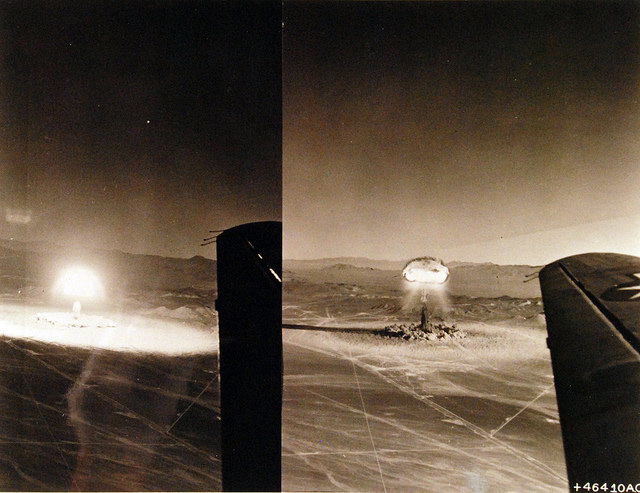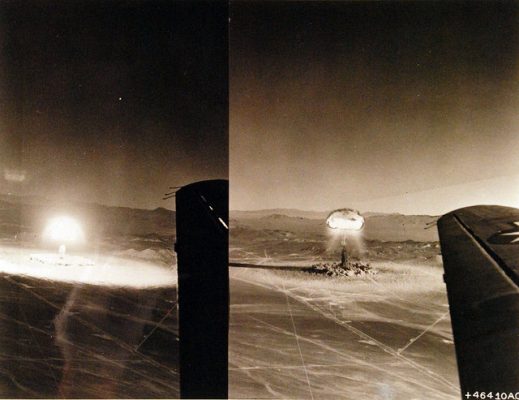
Churches Come Together to Support Nuclear Disarmament
- By C Barnett --
- 15 Jul 2017 --

Backs Historical UN Treaty
July 2017 marks the first multilateral UN treaty to do with nuclear weapons in over two decades. Back in the twentieth century, many countries signed up for the Treaty of Non-Proliferation of Nuclear Weapons. The treaty aimed at deterring countries from distributing nuclear weapons, which had caused much destruction at the height of the Cold War.
Churches Come Together to Support Nuclear Disarmament[/tweetthis]
This month, 124 nations took part in negotiations that ushered in the Treaty of Prohibition of Nuclear Weapons. The agreement, which was passed with a 122-yes majority, binds the nations that agreed to it to a legal obligation to rid themselves of all nukes. Only Netherlands voted no for the treaty while Singapore alone abstained.
Of European, Asian, Scandinavian and Americas countries, the nations that did not show up for the negotiations in New York were nuclear-weapon-holding countries. The UK, US, and France, all of which did not participate in the talk, issued a joint statement affirming their decision never to take part in the treaty.
The statement declared that the nations thought that nuclear weapons were a tool for peace, having sustained peace in Asia and Europe over seven decades. The chief negotiator for the monumental treaty Elayne Gomez said that he is hopeful these nations would come to the table sooner or later. “No one could have seen these countries being part of the non-proliferation treaty in the beginning, yet they did eventually,” Gomez said.
Even as superpowers held out of the treaty, many countries and church leaders applauded the treaty. One of the organizations that backed the UN treaty banning nuclear weapons was the World Council of Churches. WCC General Secretary Rev Dr. Olav Treit affirmed that he thought the governments of those nations were on the right track and that “now it was up to the churches.” The WCC even released a small publication directing church members on how to follow up with their MPs about the treaty.
The Quakers in Britain also took part in lauding the motion. A spokesperson for the association even declared that the prohibition could be “one of the most historic nuclear treaties in the world years to come.” According to the association, this treaty could mark the beginning of the end of the use of nuclear weapons on a global front.
Another group that pushed for the united church front on the issue was the Church of Scotland. The convener of the organization’s Church and Society Council termed the newly-approved UN treaty a “good move” and appreciated how it would help improve the world. According to him, the treaty would now make it harder for people to sell and use nukes all over the world. This would make it easier to stigmatize and delegitimize the use of nuclear weapons.
The initiative by many nations to ban the use of nuclear weapons is a positive step toward ridding the world of them thus many churches approve of it. What remains to be seen is whether countries with nuclear weapons will join in the initiative to make the world a safer place.




















